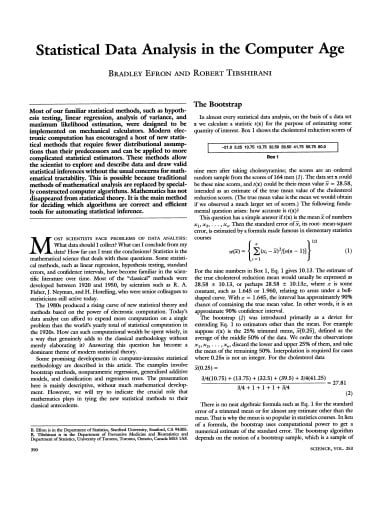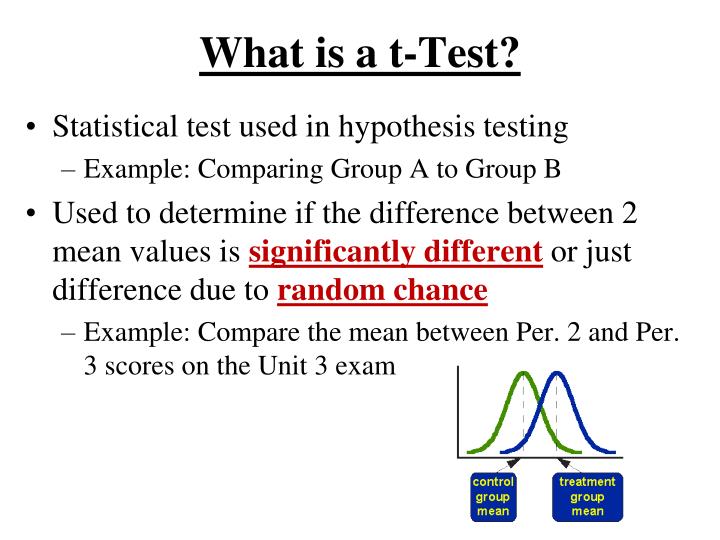
A common strategy for read-mostly databases is to run VACUUM and ANALYZE once a day during a low-usage time of day. Accurate statistics will help the planner to choose the most appropriate query plan, and thereby improve the speed of query processing. When autovacuum is disabled, it is a good idea to run ANALYZE periodically, or just after making major changes in the contents of a table. In the default PostgreSQL configuration, the autovacuum daemon (see Section 25.1.6) takes care of automatic analyzing of tables when they are first loaded with data, and as they change throughout regular operation. If the table's wrapper does not support ANALYZE, the command prints a warning and does nothing.

Not all foreign data wrappers support ANALYZE. (The restriction for shared catalogs means that a true database-wide ANALYZE can only be performed by a superuser.) ANALYZE will skip over any tables that the calling user does not have permission to analyze.įoreign tables are analyzed only when explicitly selected. However, database owners are allowed to analyze all tables in their databases, except shared catalogs. To analyze a table, one must ordinarily be the table's owner or a superuser. The name of a specific column to analyze. If the specified table is a partitioned table, both the inheritance statistics of the partitioned table as a whole and statistics of the individual partitions are updated. If omitted, all regular tables, partitioned tables, and materialized views in the current database are analyzed (but not foreign tables). The name (possibly schema-qualified) of a specific table to analyze. The boolean value can also be omitted, in which case TRUE is assumed. You can write TRUE, ON, or 1 to enable the option, and FALSE, OFF, or 0 to disable it. Specifies whether the selected option should be turned on or off. Also, while ANALYZE ordinarily processes all partitions of specified partitioned tables, this option will cause ANALYZE to skip all partitions if there is a conflicting lock on the partitioned table. Note that even with this option, ANALYZE may still block when opening the relation's indexes or when acquiring sample rows from partitions, table inheritance children, and some types of foreign tables.


Specifies that ANALYZE should not wait for any conflicting locks to be released when beginning work on a relation: if a relation cannot be locked immediately without waiting, the relation is skipped.


 0 kommentar(er)
0 kommentar(er)
